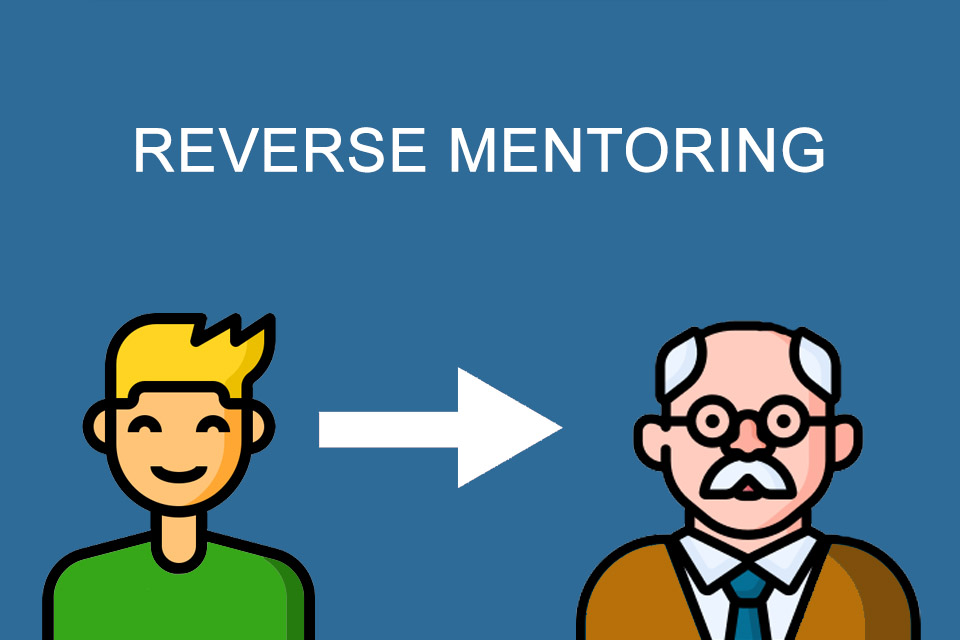What is a Trusted Advisor?
Smartpedia: A Trusted Advisor is someone who is credible, reliable, objective and respected for their knowledge, skills and experience.
Trusted Advisor – the reliable counselor
A Trusted Advisor is a reliable counselor. He or she is considered a professional from whom people, clients or customers seek advice, guidance or support. The advisor is respected for his/her knowledge, skills and experience. Credibility, reliability and objectivity are considered important factors for this respect.
Similarities and differences between Trusted Advisor and mentor
There are similarities and differences between trusted advisor and mentor. Mentoring refers to the personal transfer of knowledge between experienced and less experienced people. It is used in many organisations – i.e. companies, public authorities, universities or associations – as an instrument of personnel development. A mentor is usually someone who has more experience, expertise or competence in a particular area than the mentee. The mentor advises the mentee on career development, skill building and career advancement. In doing so, he or she can serve as a role model by providing a clear example of what success looks like in a particular field.
A Trusted Advisor is someone you turn to for advice on a variety of topics. It is usually a person who has extensive experience and knowledge in numerous areas and can take an objective position, offer a different perspective or initiate a change in perspective. A Trusted Advisor can be a valuable resource in making important decisions, solving problems and navigating difficult situations.
Both can provide guidance and advice, where a Trusted Advisor is often a generalist (and could also be a friend), and a mentor is more likely to provide support in a specific area, as well as be a permanent and ongoing contact.
The desire of companies to be perceived as a Trusted Advisor
Many companies try to be perceived as Trusted Advisors by their customers. When a customer trusts and respects a company, they are more likely to ask for more products or services and recommend the company to others. The credibility of the company in the market increases, which raises awareness and improves sales opportunities in the long run.
In addition to extensive knowledge and comprehensive experience in a field, two factors are essential to be perceived as a Trusted Advisor:
- Objectivity and
- interest in long-term cooperation.
Profit-oriented companies have a natural interest in promoting their own products or services. However, those who always put their own services in the foreground, who make market comparisons and always win them, will only be able to build trust to a limited extent. A Trusted Advisor must therefore be as objective and honest as possible.¹
Another ingredient is the time factor. An interaction between company and client is not about quick sales. Often, advice, guidance or support is not followed by immediate business. Refraining from short-term, monetary pursuits can concretely contribute to building trust, which often has a positive monetary effect in the medium and long term. However, for this to happen, companies need to take a longer breath.²
Interestingly, in lived practice, it is rarely profit-oriented companies as a whole that are perceived as Trusted Advisors, but rather individual representatives of these organisations.³
Impulse to discuss
What challenges do organisations have to overcome before they can be perceived as Trusted Advisors?
[1] For example, a car repair shop could forego turnover by not recommending a new alternator to customers in the event of a defect, but instead recommending the installation of a used but still functional alternator. Such confidence-building measures often pay off in the medium term – through customer loyalty, recommendations or new business.
[2] Many companies operate on the market according to the motto “Higher, Faster, Further”. They try to maximise profits and generate sales as early as possible. The question “When will the customer finally order from us?” is often a clear indication that the positioning as a reliable counselor is at best a means to an end, but is not built on conviction.
[3] In contrast to profit-maximising companies, non-profit organisations per se are often perceived as Trusted Advisors as a whole. These organisations find it comparatively easy to truly focus on the interests of clients, as they are not primarily concerned with their own benefits.
Here you can find an interesting German podcast on the topic How to become a Trusted Advisor or don’t you have to?
If you like the article or would like to discuss it, please feel free to share it in your network. And if you have any comments, please do not hesitate to send us a message.
Here you will find additional information from our Smartpedia section:



